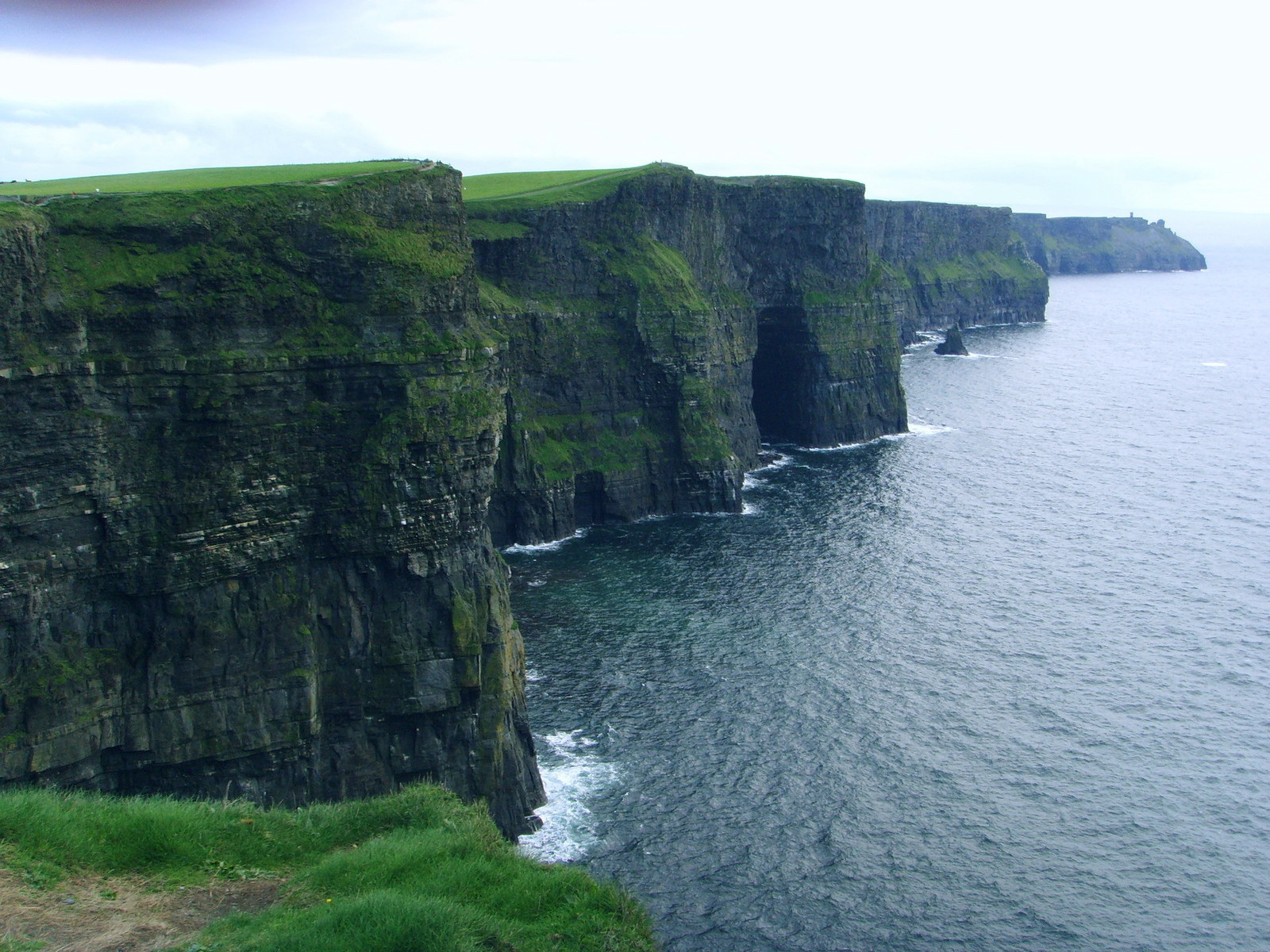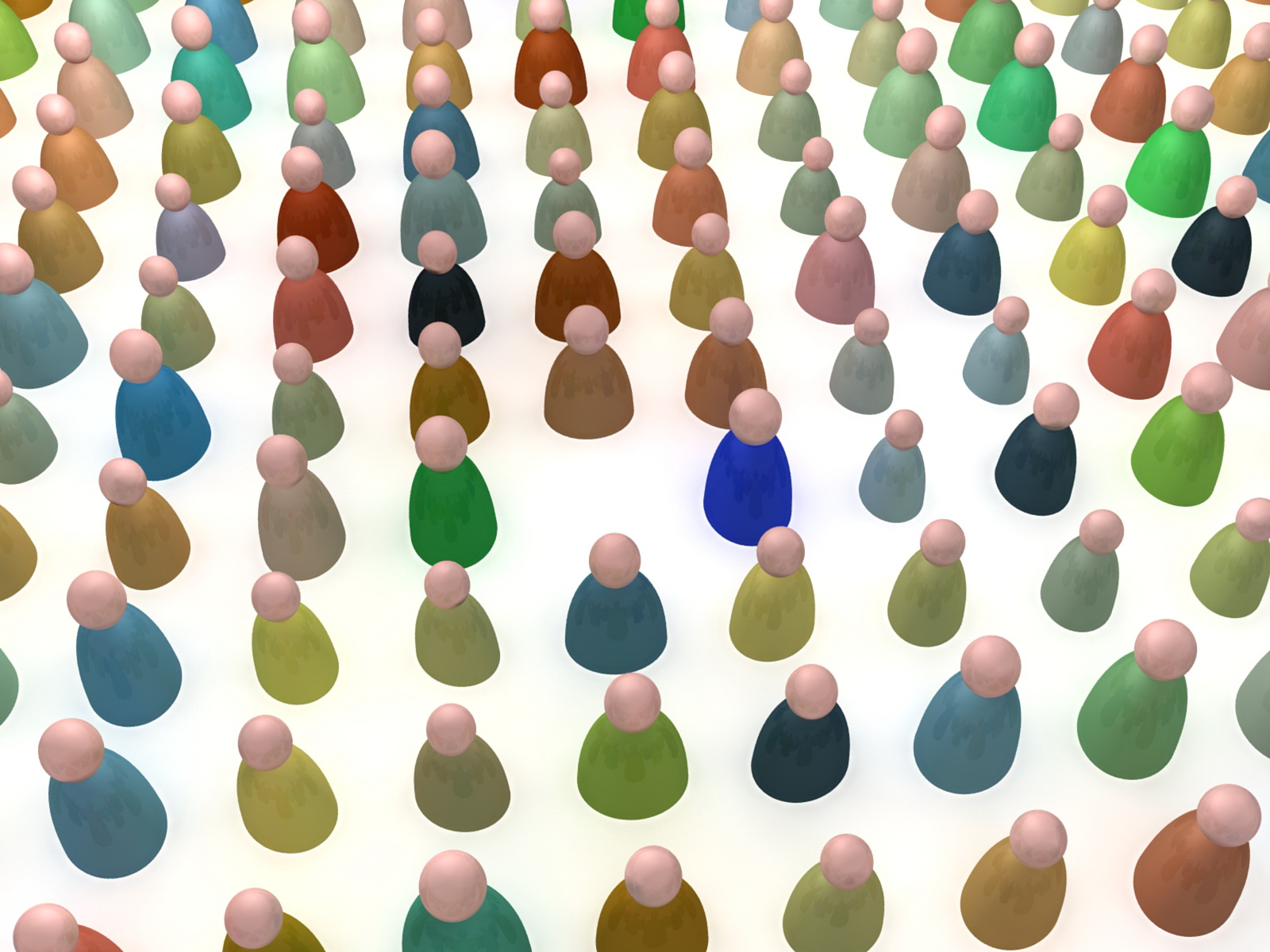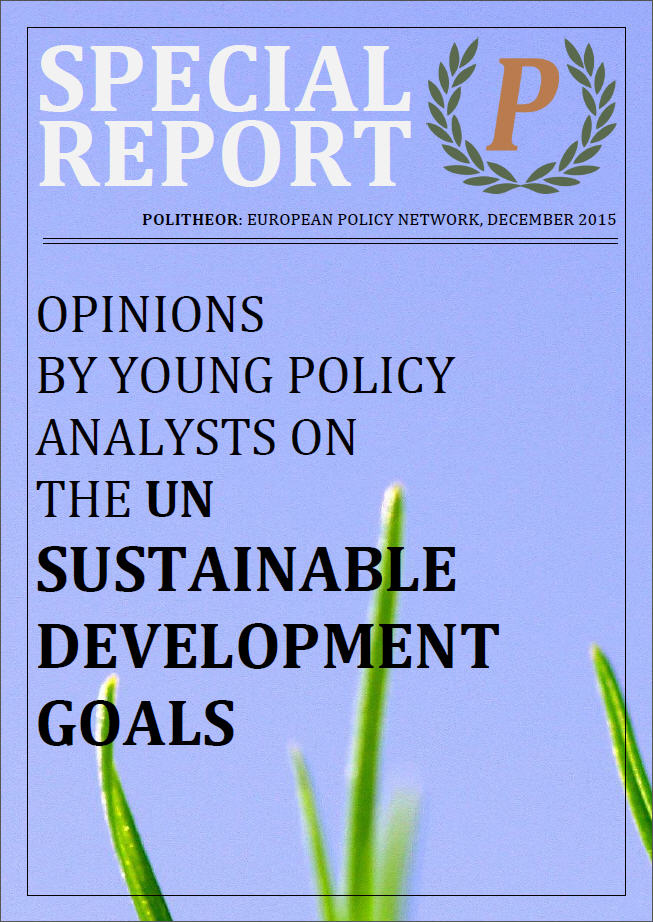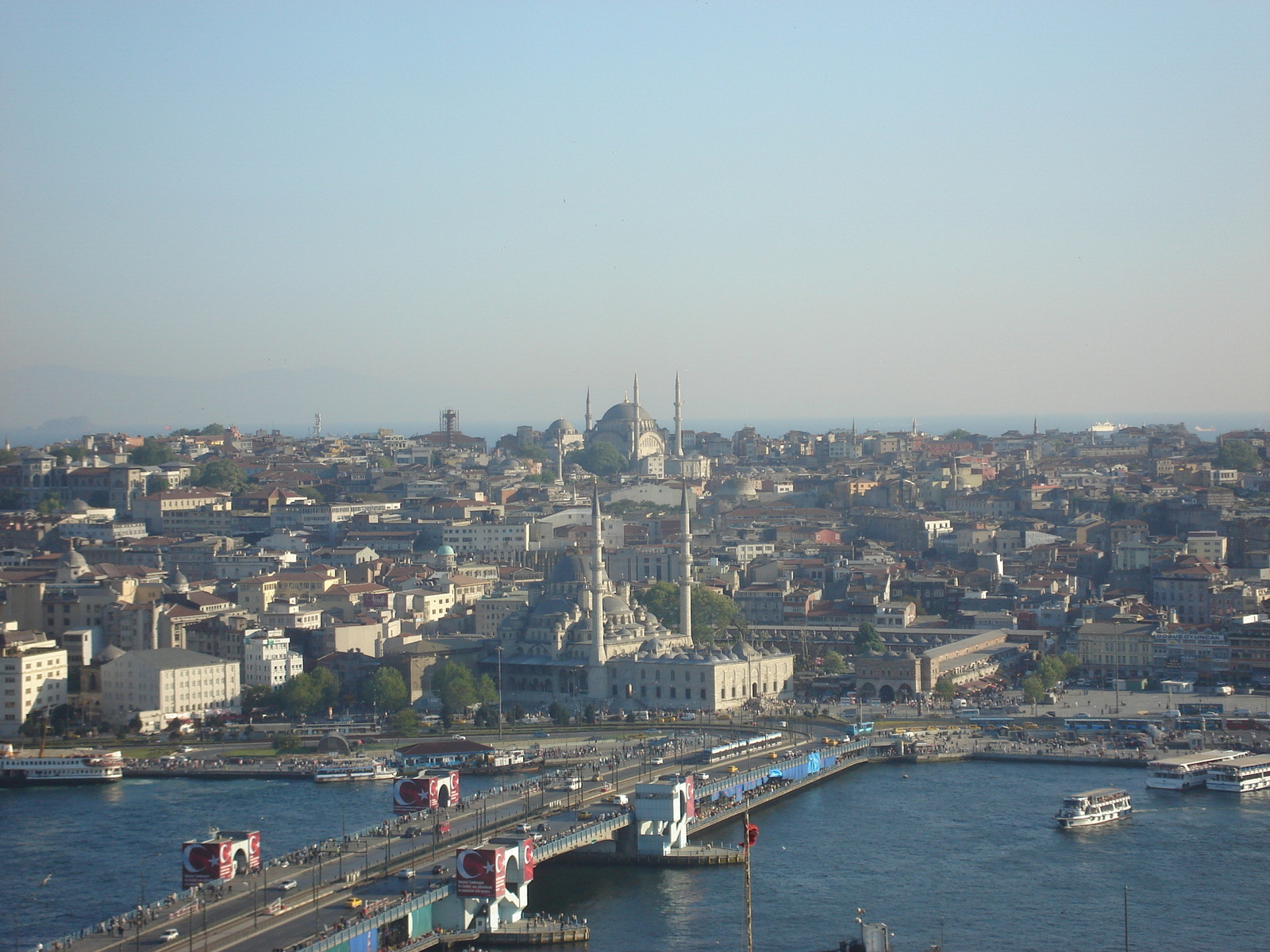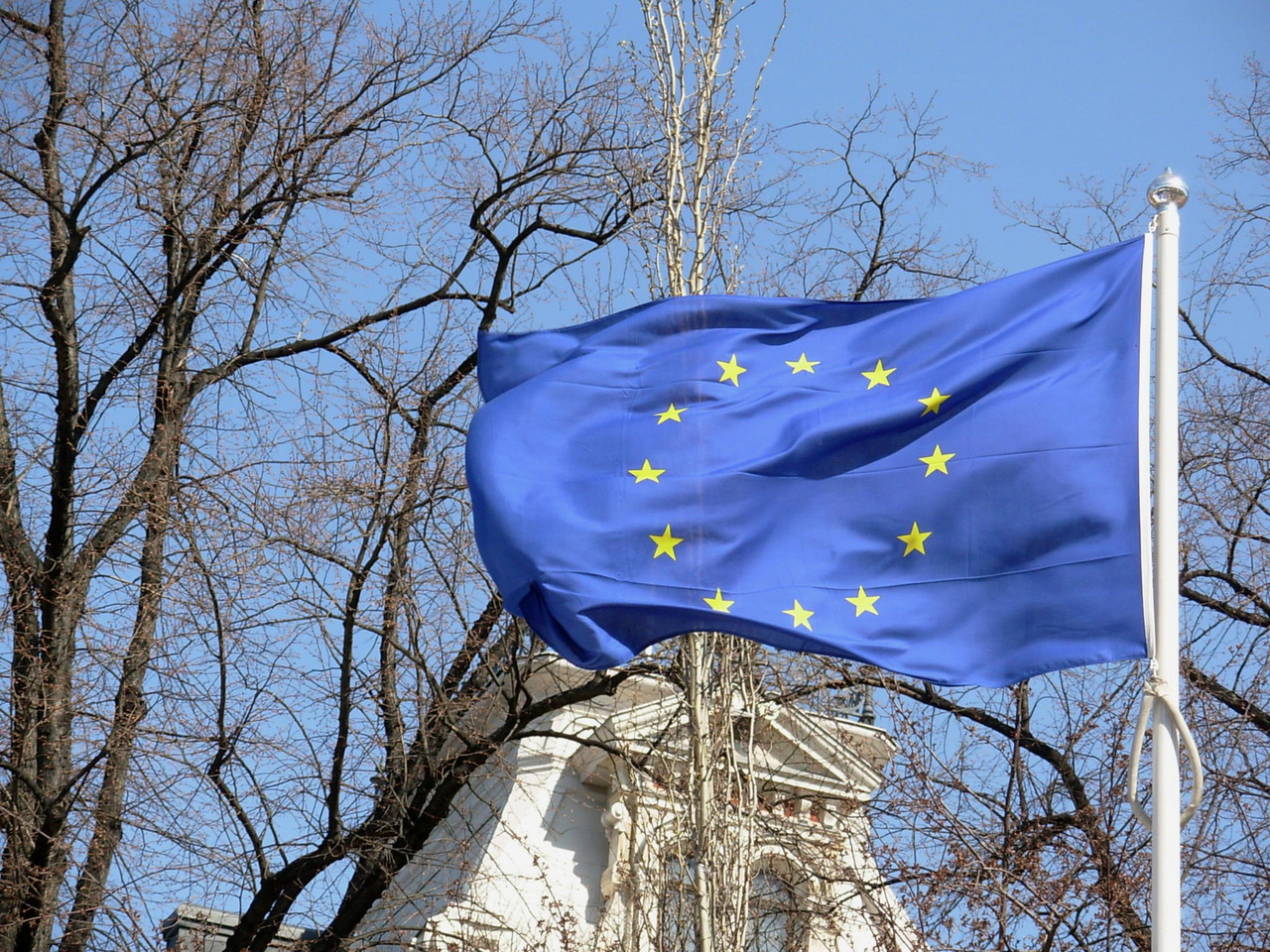The hidden power of open government data in the EU0
- Digital Policy and Internet Governance, Op-ed
- 17/12/2015
We increasingly hear about data revolution, open governments or digital strategies, but how do they exactly impact our relationships with the government and government agencies? Here is how open government data relates to Sustainable development goals and how it can help improve the transparency, inclusiveness and accountability of the decision-making process.
READ MORE
